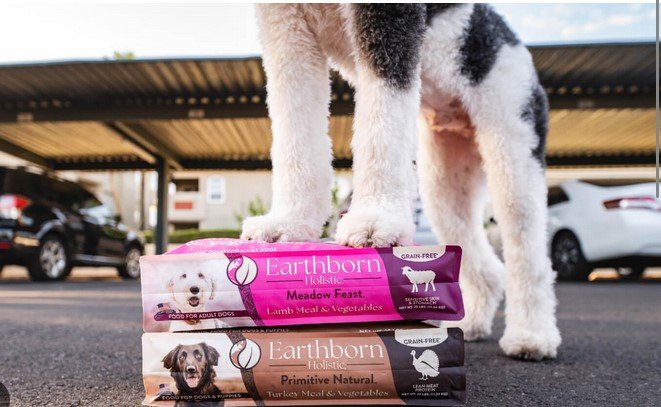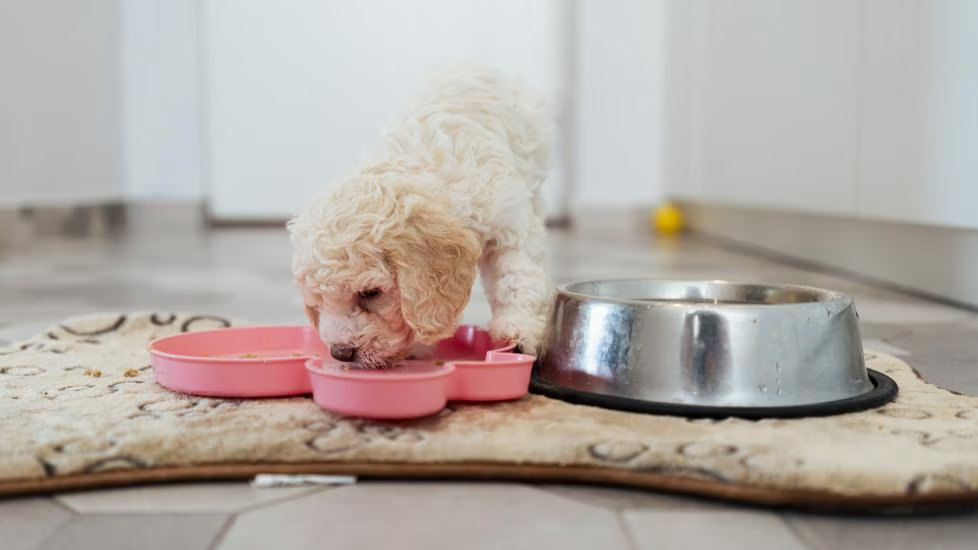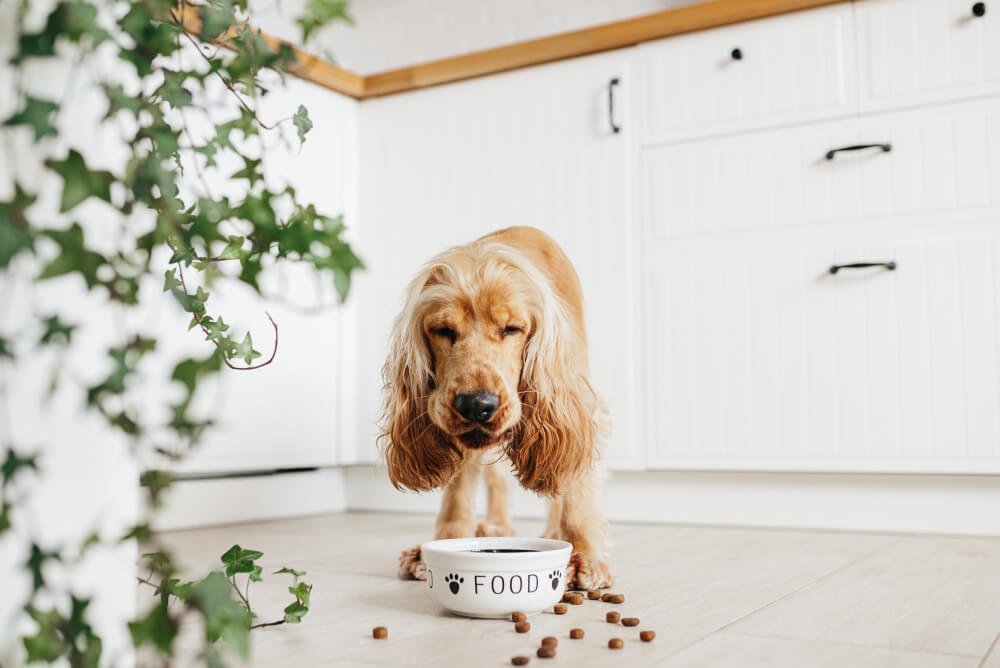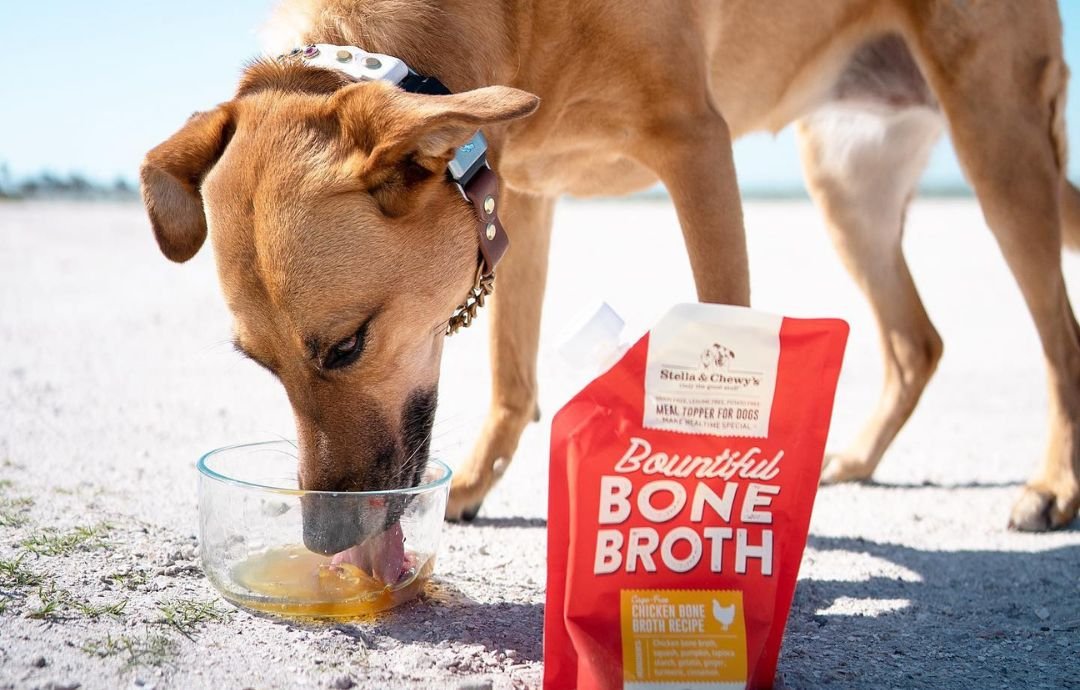Feeding your dog the right amount and type of food is crucial for their overall health and well-being. However, the nutritional needs of dogs can vary greatly depending on factors such as breed, size, age, and activity level. This means that not all dogs should eat the same amount or type of food. In this post, we’ll explore how to adjust your dog’s diet based on their breed and size to ensure they receive the right nutrients and maintain a healthy weight.

Understanding Your Dog’s Nutritional Needs
Before we dive into specific feeding guidelines, it’s important to understand the basic nutritional needs of dogs. All dogs require a balance of proteins, fats, carbohydrates, vitamins, and minerals to thrive. The ideal diet for your dog should support their energy levels, help them maintain a healthy weight, and promote overall health. However, the exact balance of these nutrients will vary based on your dog’s size, breed, and activity level.
1. Small Breeds (Under 20 Pounds)
Small dogs, such as Chihuahuas, Dachshunds, and Pomeranians, have unique dietary needs. Despite their small size, these dogs typically have higher metabolism rates and need more calories per pound than larger dogs.
- Feeding Frequency: Small breed dogs should be fed more frequently, typically 3 to 4 meals a day. This helps to maintain their energy levels and prevent low blood sugar, which can be a concern for these little pups.
- Portion Size: Since they are small, their portions will be much smaller, but they need nutrient-dense food. Look for high-quality food that is rich in protein and fat to meet their higher calorie needs.
- Common Dietary Considerations: Small breed dogs are prone to dental problems, so it’s important to choose food that supports oral health. Dry kibble or specially designed small breed kibble can help with tartar buildup.
2. Medium Breeds (20 to 50 Pounds)
Medium-sized dogs, such as Beagles, Bulldogs, and Cocker Spaniels, generally require a moderate amount of food. These dogs have a more balanced metabolism compared to small dogs but still need food that supports their activity levels and overall health.
- Feeding Frequency: For most medium-sized dogs, two meals a day are sufficient. This helps regulate their energy levels and prevents overeating.
- Portion Size: The portion size will vary based on the dog’s activity level and weight. Active dogs may need more calories, while less active dogs may need fewer. Follow the guidelines on the dog food packaging, but adjust based on your dog’s individual needs.
- Common Dietary Considerations: Medium-sized dogs may benefit from food that contains joint-supporting ingredients like glucosamine and chondroitin, especially if they are prone to joint problems like hip dysplasia or arthritis.
3. Large Breeds (50 to 100 Pounds)
Large breed dogs, such as Golden Retrievers, Rottweilers, and Great Danes, have different dietary requirements due to their size and the potential for joint issues.
- Feeding Frequency: Large dogs should typically be fed two meals a day to ensure their food is properly digested and to prevent bloating or gastric torsion, a condition that can occur when they eat too much food too quickly.
- Portion Size: Larger dogs need larger portions, but it’s important to avoid overfeeding. Since they have slower metabolisms compared to smaller breeds, you’ll need to monitor their calorie intake to prevent obesity.
- Common Dietary Considerations: Large breed dogs are prone to joint problems and may benefit from food with added joint supplements, such as glucosamine and chondroitin. Additionally, large breed puppies should be fed a special formula designed to support their growth rate and prevent bone issues.
4. Giant Breeds (Over 100 Pounds)
Giant dog breeds, like Mastiffs, Saint Bernards, and Great Danes, require a specialized diet to ensure they grow and develop properly, especially during their puppy years. Their large size means they have specific nutritional needs.
- Feeding Frequency: Like large breeds, giant dogs should be fed twice a day. However, their food must be carefully monitored to prevent them from growing too quickly, which can cause joint and bone problems later in life.
- Portion Size: Giant dogs require very large portions, but this should be spread out over two meals. You may also need to gradually adjust their portions as they reach their adult weight.
- Common Dietary Considerations: Puppies of giant breeds need food that supports slow, steady growth to avoid putting too much strain on their joints. As they grow, they should be fed specially formulated dog food that promotes healthy bone and joint development.
5. Active and Working Dogs
Certain breeds, regardless of their size, have higher energy needs due to their activity levels. Working dogs, sporting dogs, and highly active breeds like Border Collies, Siberian Huskies, and Australian Shepherds will require more calories to fuel their physical activities.
- Feeding Frequency: Active dogs may need three or more meals a day, depending on their workload and exercise routine. This helps keep their energy levels consistent throughout the day.
- Portion Size: Active dogs need high-calorie, nutrient-dense foods to support their activity levels. Foods rich in protein and fat, with the right balance of carbohydrates, are ideal.
- Common Dietary Considerations: These dogs will benefit from food that supports muscle recovery and stamina, such as high-protein meals and those rich in omega-3 fatty acids. Joint support may also be necessary to prevent wear and tear on their joints.
Conclusion
Feeding your dog the right amount and type of food based on their breed and size is crucial for their health. Small, medium, large, and giant breeds each have different dietary requirements, and active or working dogs may require more calories to keep up with their high energy levels. Puppies and senior dogs also need specialized diets to meet their unique nutritional needs. Always consult with your veterinarian to ensure you’re feeding your dog the best food for their specific needs, and follow feeding guidelines to promote a long and healthy life.











